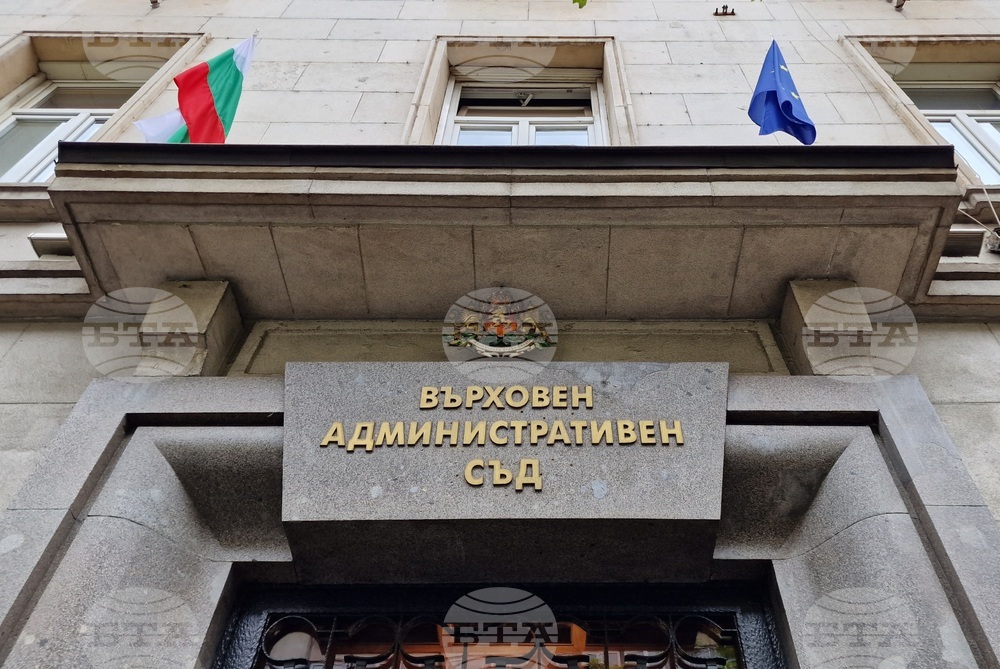site.btaCourt Dismisses CC-DB Appeal against Election Commission's Decision on Removal of Billboards Featuring Opponents' Photos


The Supreme Administrative Court Friday dismissed without consideration an appeal by Nikolay Denkov and Continue the Change - Democratic Bulgaria (CC-DB) against a May 27 decision of the Central Election Commission (CEC) to remove their campaign billboards, the court said. It also authorized the CEC Chairperson to draw up a statement of violation against Denkov from CC-DB, who is running for Parliament in the June 9 snap elections.
The court also rejected an appeal against CEC's decision which assigned the regional governors of Sofia and Plovdiv to promptly remove the billboards in those regions.
The controversial billboards have a photo of a former Prime Minister Nikolay Denkov on the left and of GERB leader Boyko Borissov and Delyan Peevski, one of the two leaders of the Movement for Rights and Freedoms on the right, and the question "What would you want your Prime Minister to be like?" written on top.
CEC took up the case after a complaint by GERB. The election authority found that the billboard was essentially a call for non-support for Borissov and Peevski, which is prohibited by law.
On May 28, CC-DB contested CEC's decision, arguing that the message of the billboard could be interpreted to be in favour of any of the three candidates pictured.
The Supreme Administrative Court argued that it is a violation of good morals to include photos of persons who have not expressly consented to this and represent political parties and coalitions other than the coalition in whose favour the campaign material is placed because that coalition uses it in its support in the election campaign.
The court also said that the moral principles and norms established in society are not subject to legal regulation. Neither the Constitution nor the individual laws define "good morals" since this is a concept of ethics established in society.
The concept of "good morals" includes the rules and norms defending principles and values, respect for which is in the interest of social relations, the court argued. It said CEC was right to say that these principles and values were violated by the use of photos of political leaders participating in the elections without their knowledge and consent, which falls within the scope of the concept of a violation of good morals under the Election Code.
The judgment is unappealable.
/DT/
news.modal.header
news.modal.text